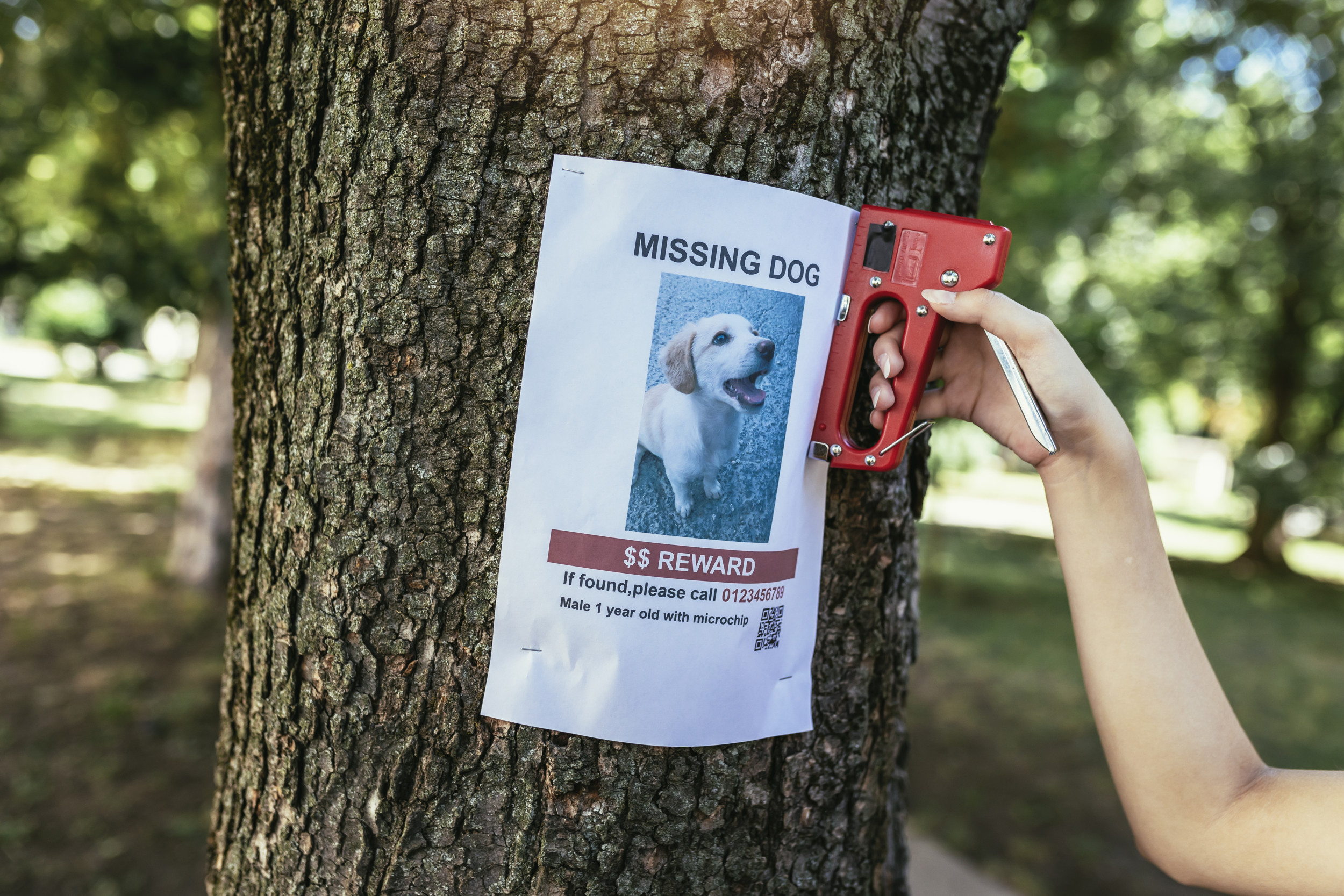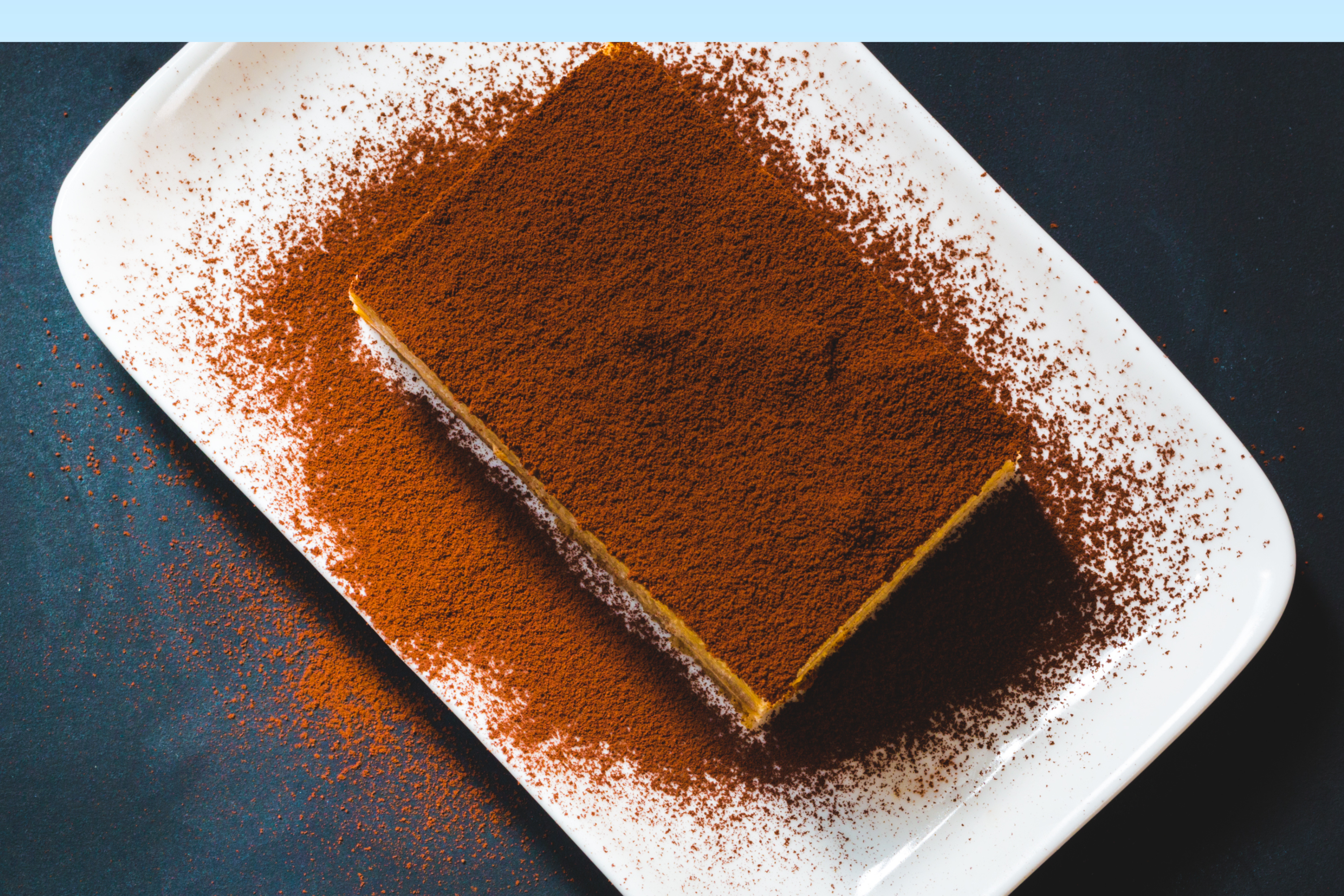An 83-year-old woman has died after eating a puffer fish in Johor, Malaysia. The incident took place on March 25 and her husband, 84, is still recovering in the ICU after dining on the delicacy.
"They cleaned and cooked the fish for lunch at around 3 p.m, the woman started shivering and having breathing difficulties," Ling Tian Soon, Johor health and unity committee chairman said, local news outlet The Star reported on Thursday. "Her husband also began displaying similar symptoms about an hour later."
The couple's son rushed them to hospital, but by 7 p.m. that evening, his mother, identified as Lim Siew Guan, was pronounced dead.

"The 'cause of death' is given as 'food poisoning with neurological manifestation resulting in respiratory failure with cardiac dysrhythmia possibly due to ciguatera toxin or tetrodotoxin ingestion', from the puffer fish," Soon said in a statement.
Puffer fish, also known as fugu, is a popular Japanese delicacy. However, the fish contains a potent neurotoxin called tetrodotoxin which, according to National Geographic, is up to 1,200 times more deadly than cyanide.
In Japan, only highly qualified chefs, who have been trained in how to remove these toxins, are allowed to serve the fish. In Malaysia, sale of this fish is banned altogether.
Despite this, Malaysia's health director-general, Noor Hisham Abdullah, said that data from the Health Ministry indicates there have been at least 58 puffer fish poisoning incidents in Malaysia in the last 38 years, 18 of which resulted in death.

Guan's daughter, Ng Ai Lee, heard about her parents' hospitalization through the family group chat, but by the time she arrived she was too late.
"I was devastated," she told The Star. "The pain and emotions that I felt at the time were indescribable because it was just too unexpected,"
Soon said that the couple had purchased the fish from a vendor on social media who delivered the fish to their village. However, Lee said that her parents were unaware of the risks associated with their purchase.
"My parents have been buying fish from the same fishmonger for many years so my father did not think twice about it," she said. "He would not have knowingly bought something so deadly to eat and put their lives in danger."
In light of the incident, Lee has asked the government to step up their regulation of the sale of puffer fish in the country. "I do not intend to blame anyone," she said. "I hope my parents' experience can create more awareness among the public about consuming such fish or food with high levels of toxins."
Abdullah said that the Health Ministry had produced educational materials to increase public awareness on the dangers of consuming this fish.
Uncommon Knowledge
Newsweek is committed to challenging conventional wisdom and finding connections in the search for common ground.
Newsweek is committed to challenging conventional wisdom and finding connections in the search for common ground.
About the writer
Pandora Dewan is a Senior Science Reporter at Newsweek based in London, UK. Her focus is reporting on science, health ... Read more





